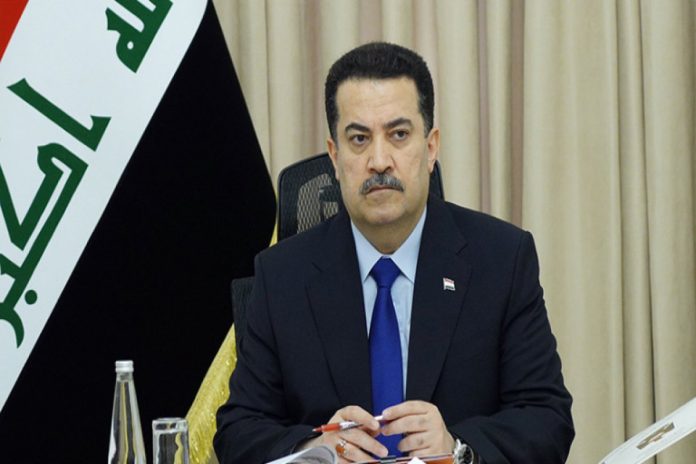At the recent Arab-Islamic Summit, Iraq’s Prime Minister put forward an important idea: creating a NATO-style Islamic secu_rity system.
The main goal of this proposal is to bring Muslim countries closer, so they can work together on issues of collec_tive defe_nse and cooper@tion.
The Prime Minister explained that the challenges facing Muslim nations today such as political tensions, terror threats, and regional instability cannot be solved by any single country alone. Instead, these challenges require a joint response where all nations contribute to a shared secu_rity structure.
The suggested system would allow member countries to exchange intelligence, strengthen their defe_nse capabilities, and support each other in times of crisis. More importantly, it would show the world that Muslim countries are united in protecting their people and their interests.
Such a move could also increase trust among Muslim nations by creating mechanisms for dialogue and peaceful problem-solving.
At the same time, it would make their voices stronger at the international level, allowing them to play a more active role in global secu_rity discussions.
Observers believe this proposal sends a clear message of solid@rity: Muslim countries want to stand together instead of facing challenges alone. It also shows a desire to reduce outside dependency by building an independent secu_rity framework.
Although the idea is still at an early stage, it has opened a serious discussion about how Muslim nations can cooperate more effectively. If successful, it could become a turning point in regional unity and a model for future gener@tions.


